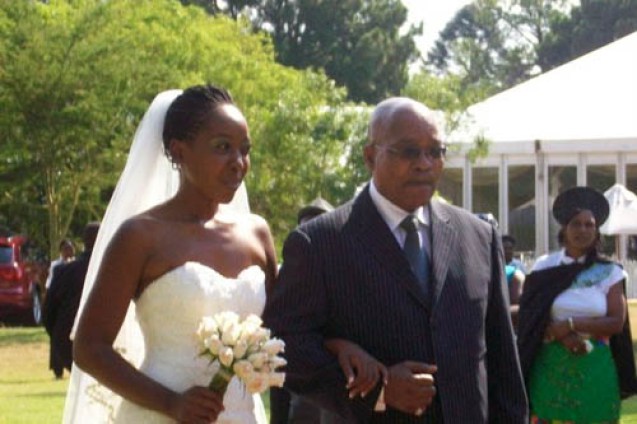Big changes to South Africa’s Marriages Act: Everyone below this age will be banned from getting married

Political party Al Jama-Ah says it will introduce a private members’ bill to parliament in the coming months to recognise the validity of Muslim marriages in South Africa.
The party gazetted its intent to table the bill in the National Gazette on Friday (4 November 2022).
Party founder and leader Mogamad Ganief Hendricks first put the bill forward in October 2021, under the title of Interim Registration of Muslim Marriages Bill, 2021, but will now resubmit it under the title of Registration of Muslim Marriages Bill, 2022.
Broadly, the bill aims to provide for the following:
The recognition of a Muslim marriage as a valid and binding contract of marriage;
The requirements of a valid Muslim marriage, including solemnisation thereof;
The registration of Muslim marriages as valid marriages for all purposes in the Republic of South Africa;
The proprietary consequences of a Muslim marriage;
Equal status and legal capacity of spouses in a Muslim marriage;
Acknowledging the application of other existing domestic legislation to Muslim marriages in specified circumstances.
Despite South Africa’s constitutional protections for different religions and cultural practices, standing marriage regulations have glaring holes in them when dealing with marriages for persons of different genders, sexual orientations and both polygamous and non-polygamous cultural backgrounds.
For Muslim marriages, in particular, this has been a sticking point for over a decade. The Muslim Marriages Bill was introduced in 2010 to rectify inequalities in marriage law in South Africa, but the bill was never passed into law.
Since then, the Constitutional Court cases has confirmed that both the Marriage Act of 1961 and the Divorce Act of 1979 are inconsistent with the constitution because they fail to recognise marriages solemnised in accordance with Sharia law and have not registered these as valid civil marriages.
This failure in law leaves many Muslim partners vulnerable in their marriages and divorce proceedings.
A court case in June 2022 found that sections of South Africa’s standing divorce laws were unconstitutional because they failed to provide mechanisms to safeguard the welfare of minors in Muslim marriages. They also fail to make provisions for the forfeiture of assets in the same or similar terms as other marriages.
The Constitutional Court suspended the declaration of invalidity for 24 months, giving the government until June 2024 to rectify the country’s laws.
While interim measures have been put in place – the hole in South Africa’s marriage laws remains.
Solution
In its 2022 annual performance plan published earlier this year, the Department of Home Affairs announced plans to draft and submit new marriage laws to cabinet for approval by 31 March 2023.
The department said that current marriage laws in the country were developed without an overarching policy rooted in constitutional values, and said they needed to be updated to take into account modern social dynamics.
Instead of trying to deal with disparate marriage laws and passing a wide range of bills, the department wants to bring all marriage regulations under a single banner.
Currently, South African marriages are regulated through three different pieces of legislation, namely: .
The Marriage Act – which provides for monogamous marriage for opposite-sex couples;
The Recognition of Customary Marriages – which provides for polygamous marriages for opposite-sex couples;
The Civil Union Act – which provides for monogamous partnerships for both same and opposite-sex couples.
Under a new ‘single marriage bill’, the department aims to bring these regulations together while also aligning opposite-sex marriages, customary marriages, same-sex marriages, and other cultural unions under the same laws.
The department has explored these and many other proposals in a green paper on marriages published in 2021.
Some of the proposals include:
The legal framework that will regulate monogamous marriages will include all marriages irrespective of race, religion, culture, sex, gender, nationality, etc.
The legal framework that will regulate polygamous marriages will include all polygamous marriages irrespective of race, religion, culture, nationality, etc.
Marriage legislation must enable the recognition of customary marriages that are practiced in some African communities, including royal families.
Possible provision for various kinds of polygamous marriages, including polyandry.
The legal framework will enable the realisation of equality, non-discrimination and human dignity principles in the solemnisation and registration of all marriages.
Making it so that no person under the age of 18 years will be permitted to marry.
Transitional mechanisms for persons who undergo sex alteration.
The green paper recommended either the adoption of a Single Marriages Act, an umbrella Marriages Act, or parallel Marriage Acts to resolve the constitutional issues in standing law.